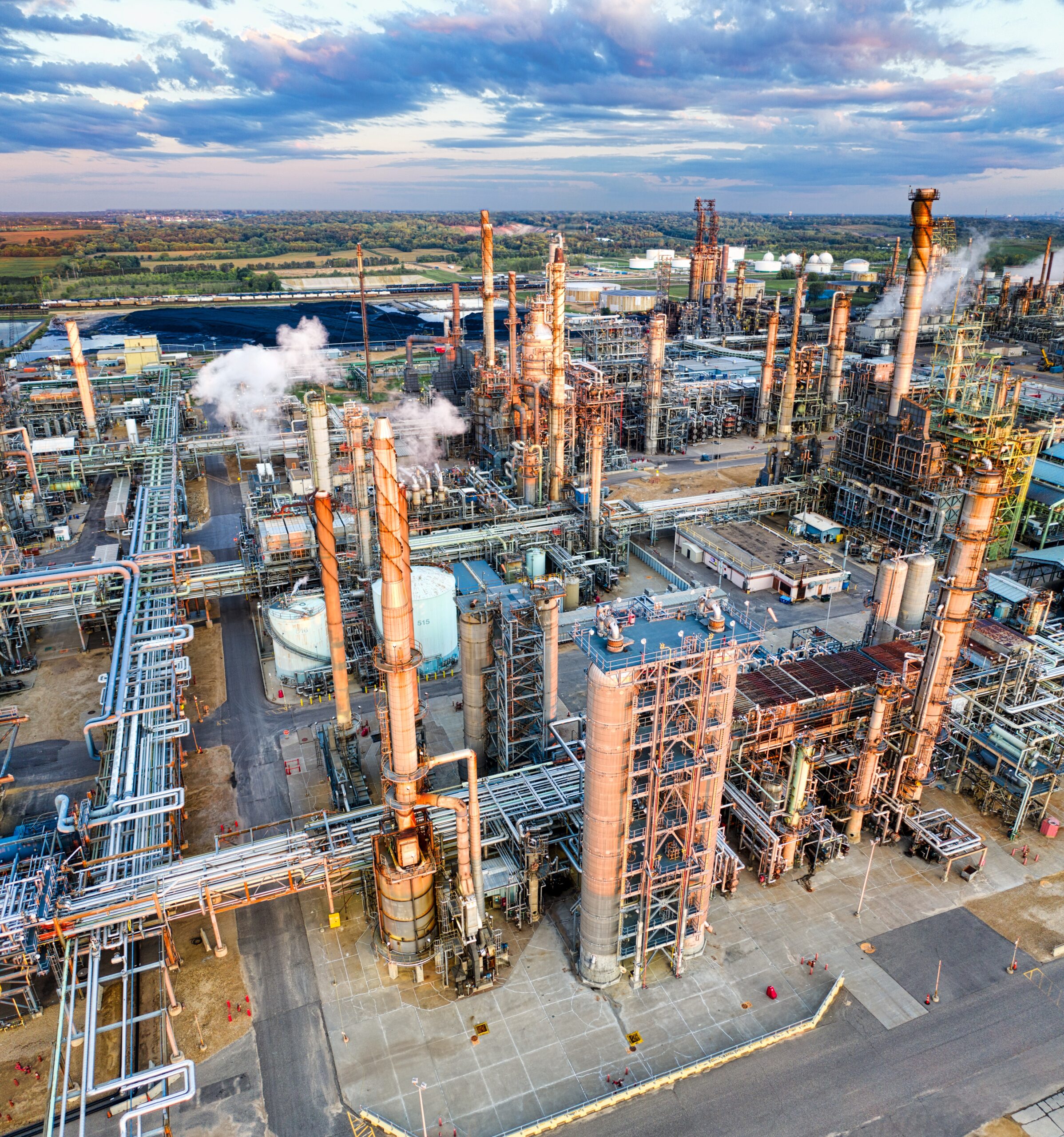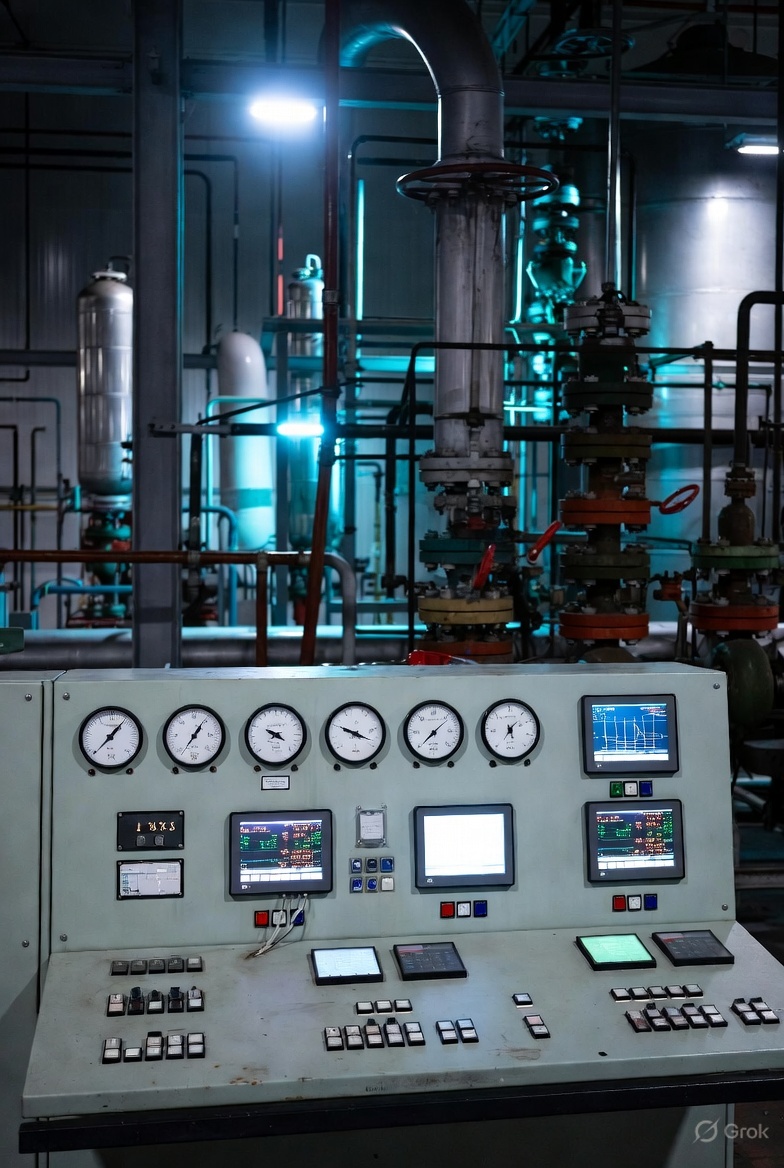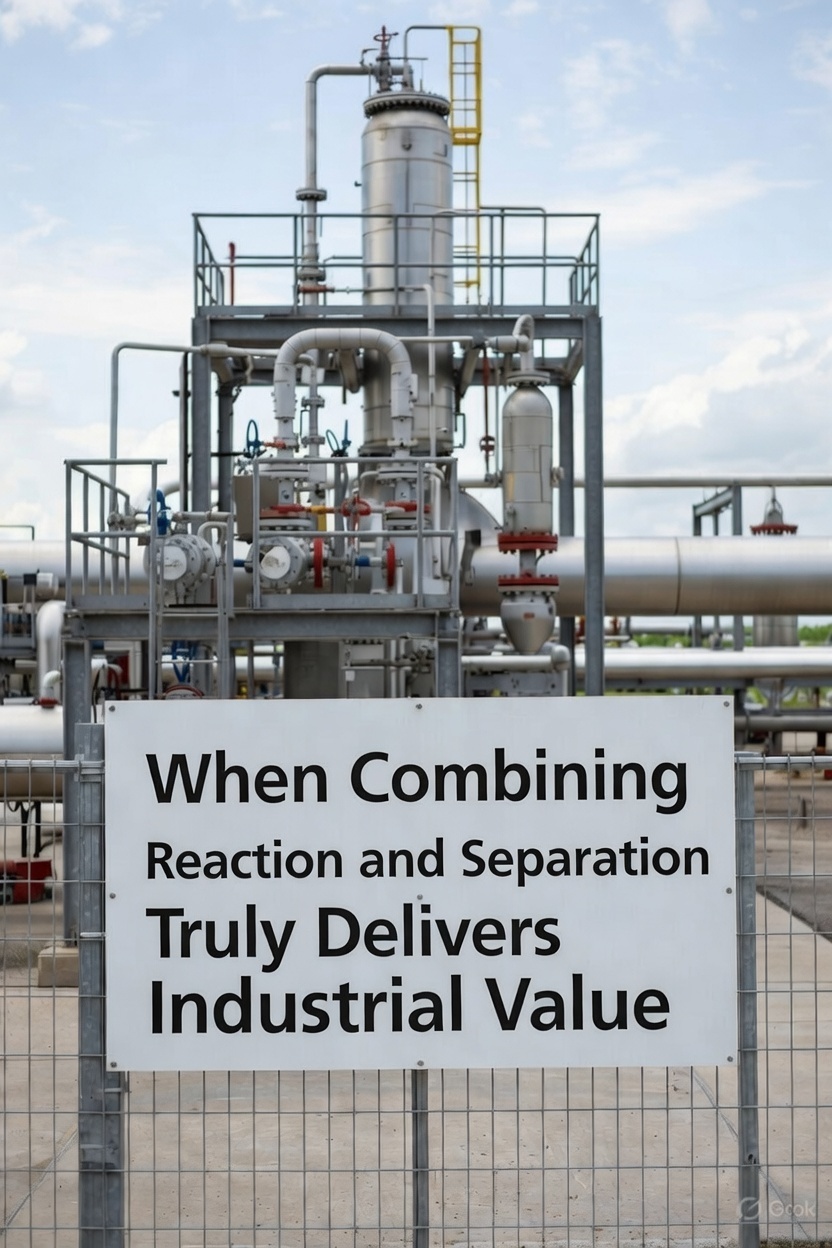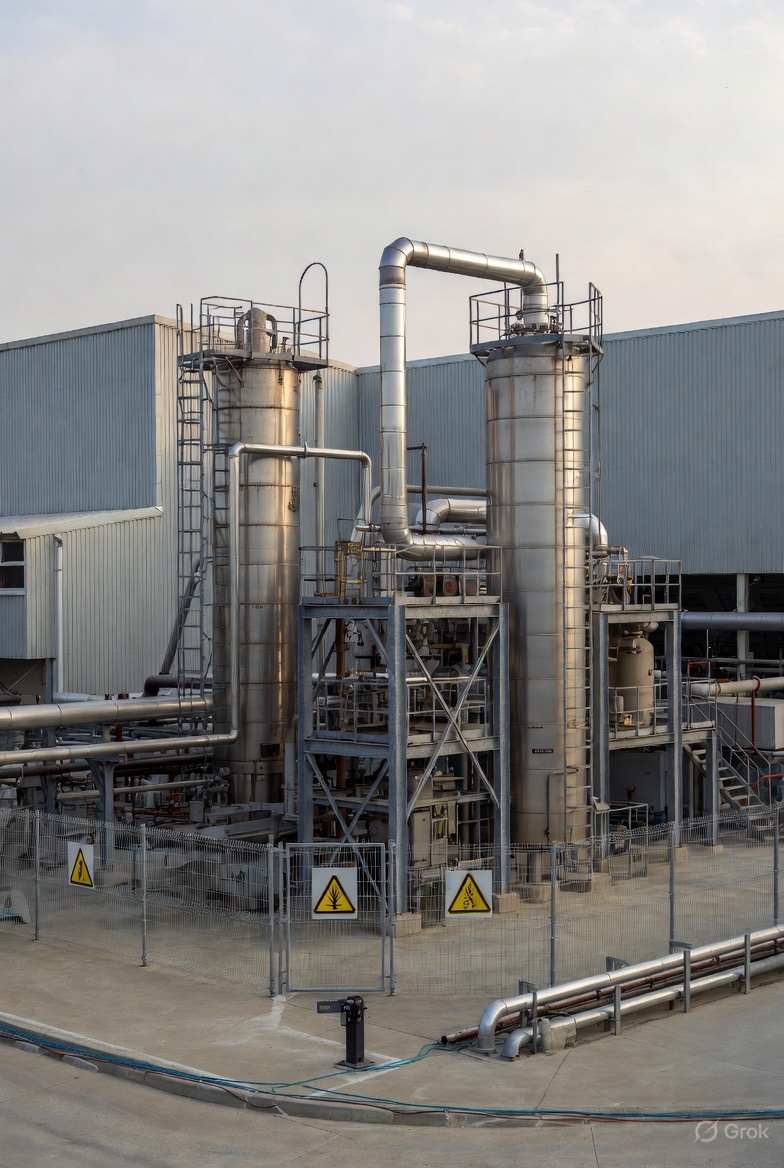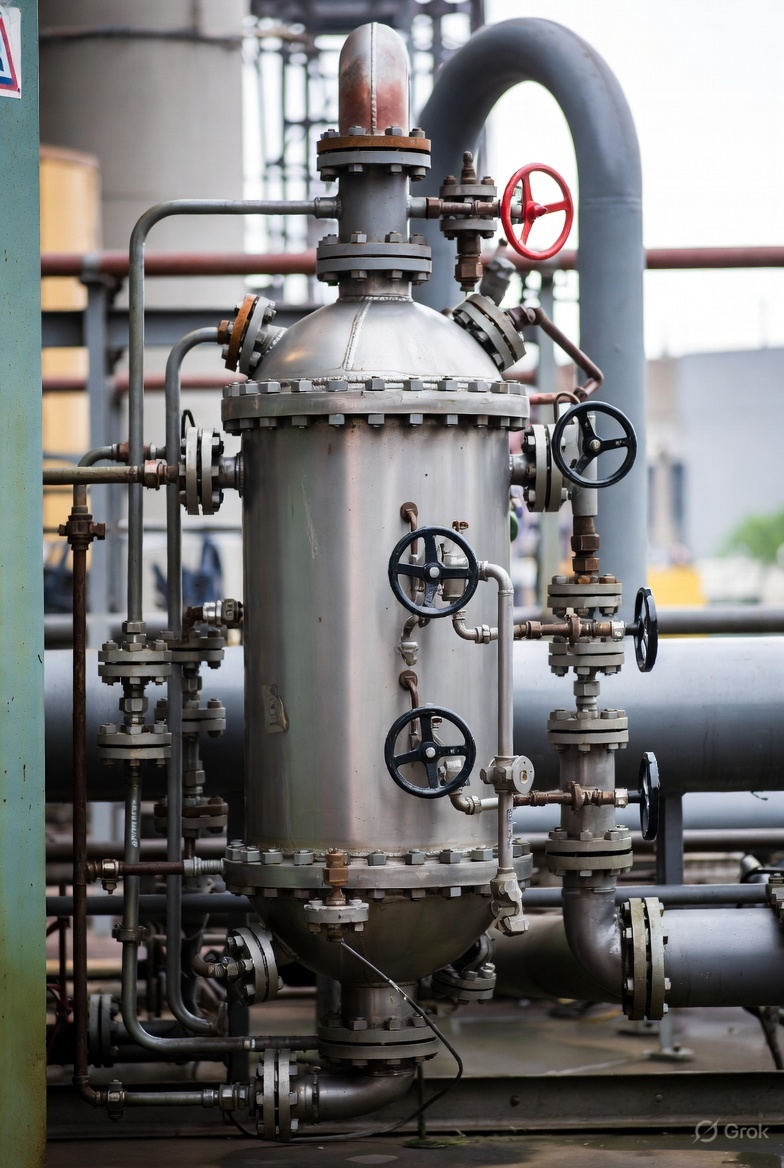The petrochemical industry, a cornerstone of the global economy, continues to evolve in the face of growing sustainability concerns. This sector, which revolves around the production and processing of chemicals derived from petroleum and natural gas, has long been a vital force powering various industries, from manufacturing to consumer goods. However, with increasing environmental consciousness, petrochemical companies are spearheading innovative approaches to ensure a more sustainable future.
Petrochemicals, versatile compounds derived from hydrocarbon-based resources, serve as essential building blocks for an extensive range of products. Plastics, synthetic fibers, fertilizers, rubber, solvents, detergents, and pharmaceutical ingredients are just a few examples of the numerous materials derived from petrochemicals.
Leading multinational corporations, including ExxonMobil, Dow Chemical, and BASF, have long been at the forefront of the petrochemical industry. These industry giants invest substantial resources in research and development to enhance efficiency, sustainability, and product quality.
Recognizing the need to address climate change and reduce reliance on finite resources, the petrochemical industry is actively exploring alternative feedstocks. This shift is driven by a collective commitment to forge a more sustainable path forward. Efforts are underway to investigate renewable and bio-based sources for chemical production, thereby reducing dependence on fossil fuels.
In recent years, the industry has embraced innovative technologies to minimize environmental impact. Advanced processes, such as cracking, reforming, polymerization, and oxidation, are being refined to optimize resource utilization and reduce waste. Companies are investing in cleaner and more energy-efficient technologies, enabling them to reduce their carbon footprint significantly.
Furthermore, petrochemical companies are forging partnerships with academia, research institutions, and startups to foster innovation. Collaborative initiatives are focused on developing novel methods to produce sustainable petrochemicals, such as leveraging carbon capture and utilization techniques or utilizing biomass as a feedstock.
The drive towards sustainability extends beyond production processes. Petrochemical companies are actively exploring recycling and circular economy approaches to minimize waste and extend the lifespan of petrochemical-derived products. Investments in waste management infrastructure and initiatives that encourage recycling and upcycling are gaining momentum.
While the petrochemical industry continues to evolve, it remains a vital component of the global economy. The demand for petrochemical products shows no signs of abating, as they are integral to various industries and essential for everyday life. However, the industry’s adaptability and commitment to sustainability are key to meeting evolving societal expectations.
As the world transitions towards a greener future, the petrochemical industry is responding with a strong focus on innovation and sustainability. By embracing alternative feedstocks, optimizing production processes, and investing in eco-friendly technologies, petrochemical companies are redefining their role in the evolving global landscape.
The petrochemical industry’s dedication to sustainable practices serves as an inspiring example for other sectors. Through their continued efforts, these companies are driving positive change, ensuring a more environmentally friendly and sustainable future while maintaining their crucial contribution to economic growth and development.








